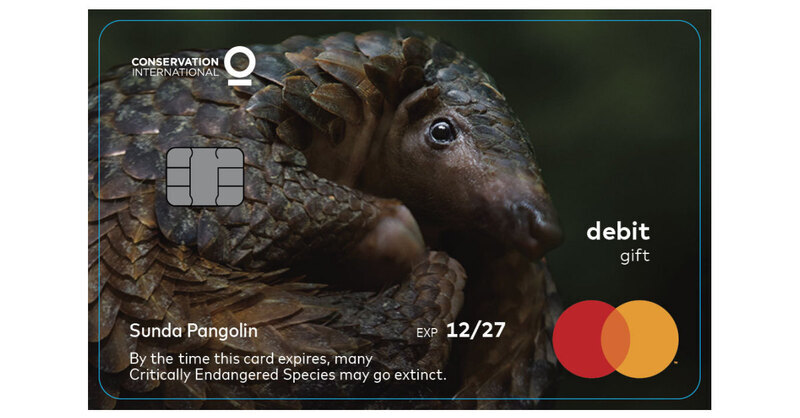
ESCWA: Climate finance to Arab region went mainly to Egypt, Iraq, Morocco
The United Nations Economic and Social Commission for Western Asia (ESCWA) said climate finance to ...

Mastercard teamed up with the World Resources Institute to launch the Wildlife Impact Card Program, which gives consumers an easy way to help protect wildlife habitats, including those home to thousands of critically endangered species.
The card expiration dates aim to highlight the short timeframe for protecting many of these animals before they go extinct, including critically endangered species such as the African forest elephant, the Peruvian yellow-tailed woolly monkey, the Sunda pangolin of southeast Asia.
The program is launching first in the U.S. with virtual prepaid cards available now. For each card purchased, Mastercard and its issuing partner Usio will donate $1 to Conservation International to support the conservation of nearly 100 million of landscape and seascape globally by 2030.
In the last year, people have experienced how wildlife habitat destruction can wreak havoc on a global scale. The relationship between people and nature has become seriously out of balance, especially in tropical forests, where pandemic-causing diseases originate.
Rapidly cleared forests full of illegal logging, mining and hunting provide lots of opportunities for people to come into contact with wildlife – allowing wildlife diseases to jump to people, with each jump providing a potential starting point for a pandemic. When it poaches wildlife or set up live animal markets, Mastercard also brings those animals into closer contact with people, making it much more likely for those diseases to make the jump.
COVID-19 most likely started this way, as did six other pandemics over the past century, including HIV and SARS. Ebola outbreaks also start this way. That’s why investing in nature is the key to preventing future epidemics and pandemics.
Investing in nature, such as conserving natural habitats and restoring a healthy balance between people and nature, can reduce pandemic risk at the same time it delivers a third of the emissions reductions that Mastercard needs to make by 2030 to get climate change under control. Plus, with habitats restored, biodiversity would improve, leading to cleaner air, fresher water and more fertile soils. More jobs are created in rural, nature-rich environments.
Mastercard could reduce the risk of future pandemics by at least 27 percent — and it could do it all for about fifty times less than what had been already spent in response to the COVID-19 pandemic.
Everyone has a role to play in creating a healthier relationship with nature. Governments obviously need to support a just and rapid transition to renewable energy sources. They also need to change the policy incentives that currently promote the destruction of nature. And they need to work with other governments to scale up these efforts on a global scale. This should all be framed as a competition to the top.
Businesses, on the other hand, need to combine net-zero commitments with tangible actions. The ones leading the way tend to be embedding sustainability in every aspect of their operations, taking concrete steps to reduce their emissions and supplementing these efforts with concrete investments in nature.
The United Nations Economic and Social Commission for Western Asia (ESCWA) said climate finance to ...
Elizabeth Maruma Mrema, Deputy Executive Director of the United Nations Environment Program (UNEP), said every ...
President Abdel Fattah El Sisi issued eight directives on the Labor Day to ensure providing ...


اترك تعليقا